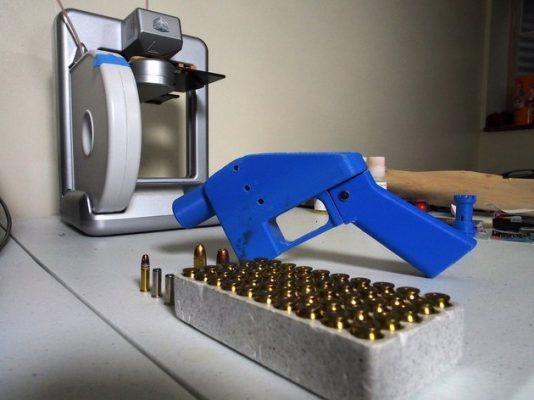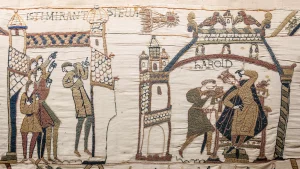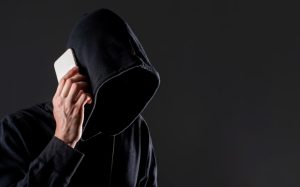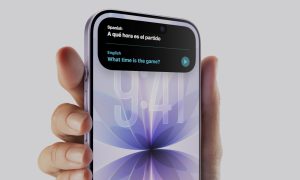New Security Advancement Allows Multiple Parties To Establish A Theoretically Impregnable Security Key By Sending Photons Back And Forth


Until quite recently, it would take the world’s leading scientists months in order to create secret keys that allowed for secure quantum communication. Now, thanks to undergraduate students at the University of Waterloo‘s new software, these exhausting feats can be completed in a matter of seconds. The software is able to evaluate the security of any protocol for Quantum Key Distribution (or QKD).
With QKD, multiple parties are able to establish a secret key simply by sending photons back and forth. Since the laws of quantum mechanics state that a quantum objects cannot be measured without causing a disruption, any type of eavesdropping would be quickly detectable by the communicating parties using their secret code. When and if a disturbance does occur, the new software will not allow a full security breach. When you’re able to characterize the amount of information allowed during a breach, parties are able to then remove the data at the cost of the length of the resulting final key. The only concern with this problem is how to calculate the length of the final secret key for any type of protocol and the observed disturbance. Of course, all of this is a theoretical problem.
To solve this concern, researchers used a mathematical approach and decided to change the key rate calculation to a dual optimization problem. Patrick Coles, an IQC postdoctoral student says by using the dual optimization problem, the number of parameters are greatly reduced, allowing the computer to do all of the fine tuning. The new work was published in Nature Communications this week and focuses on three main findings.
First, researchers tested the software using data previously recorded for known protocols and the results were exactly the same. Secondly, they studied protocols that have not yet been studied and thirdly, they came up with a framework that lets users know how to record data using a brand new protocol into the provided software.
Norbert Lütkenhaus, professor with IQC explains that the study of QKD protocols have mainly focused on protocols that required tricks in order to perform the security testing. The new work by his group allows for protocols to be explored that can be adapted to the current technological capabilities.









